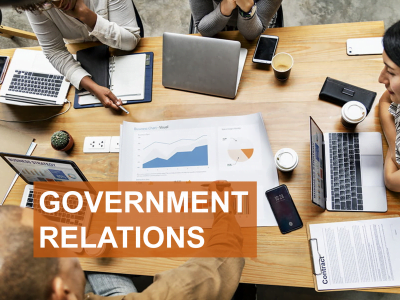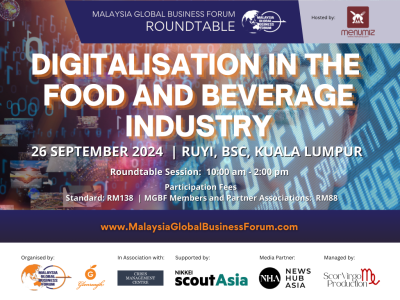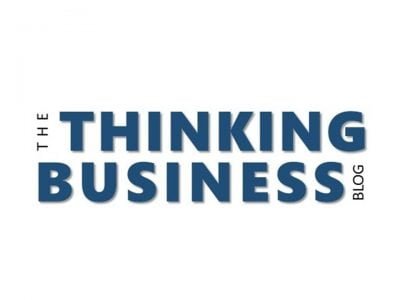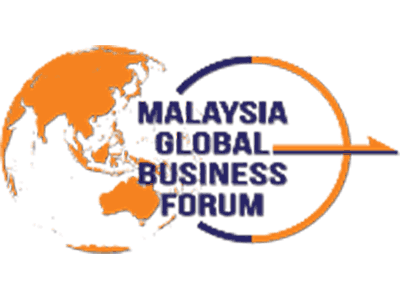First negotiations since release of zero draft of instrument on transnational corporations and human rights sees record attendance.
Powerful contributions from affected peoples, constructive state participation, EU dissociation from conclusions and 5th session confirmed to negotiate a revised draft in 2019.
20 October 2018, Geneva: Talks concluded yesterday evening following the discussion of substantive proposals. States acknowledged the dialogue focused on the content of the zero draft of an international legally binding instrument on transnational corporations and other business enterprises with respect to human rights, and took note of inputs received by a record attendance of States.
Representatives from 94 countries and around 400 civil society organizations delegates, including Friends of the Earth International representatives from 20 countries, converged in Geneva for the fourth session of the Intergovernmental working group (IGWG4) which resulted in a confirmed fifth session based on a revised version of the treaty draft.
Representatives of peoples affected by systematic human right violations perpetrated by transnational corporations, detailed the threats to their lives and livelihoods in their struggle for justice. These are the very people who are reworking human rights law from the grassroots.
Friends of the Earth International will remain actively engaged, working with social movements and civil society members of the Global Campaign to Dismantle Corporate Power, national coalitions and other relevant actors including parliamentarians and local authorities around the world, to continue submitting constructive proposals.
As Lucia Ortiz, Economic Justice Program Coordinator, Friends of the Earth International explains,
“We will continue to actively participate, and look forward to future sessions needed to fulfil the Resolution 26/9 mandate – to regulate, with international Human Rights law, the activities of transnational corporations and other business enterprises. It was disappointing that the IGWG Chair recommendations failed to reference the vital debates from the last four years, such as those on the 2017 Elements Paper, or the lack of constructive participation of some states that could not yet associate with the negotiations at this advanced stage which includes procedures and substance. What is essentially needed to regulate big business controlling complex global chains of production are concrete rules for that business, based on direct obligations for transnational corporations to respect human rights. This is the only way to stop human rights violations affecting millions of people and their livelihoods around the world.”
Friends of the Earth International representatives contributed technical proposals along with experts, academics, lawyers and affected peoples representatives, rooted in national and regional contexts and expertise on community based resistance.
Kwami Kpondzo, Friends of the Earth Togo on behalf of Friends of the Earth Africa reported, “I am proud to see African states – 54 in total represented by Togo- united in a commitment to support this urgently needed treaty as a means to right the wrongs of decades of corporate impunity. I was heartened by the leadership of South Africa as co-sponsor of resolution 26/9 and an inspiration for a growing number of states who are supporting the Treaty process, defending the IGWG mandate and presenting focused contributions to fill the existing gaps for transnational corporations regulation”
Mageswari Sangaralingam, Friends of the Earth Malaysia said, “Friends of the Earth Asia Pacific is encouraged by the continued support of countries such as Indonesia and the Philippines for a binding treaty that will hold transnational corporations and their entire supply chains accountable for environmental crimes and human rights violations. We firmly believe that this binding treaty is an instrument for developing countries and for the people. We urge all Asia Pacific countries and civil society to raise the profile of this treaty so we can effectively respect, protect and fulfil the rights of our people and the environment.”
Ike Teuling, Friends of the Earth Europe commented: “Despite the committed presence of European civil society in Geneva, the EU failed to participate in a substantive manner in the process, blatantly ignoring a recently adopted resolution by the European Parliament in support of the binding treaty. With the exception of a single statement from France on the content, they remained silent for most of the negotiations and even left the room during discussions on the conclusions of the working group. As a final statement, EU dissociated from the conclusions, isolating themselves from the consensus reached by all the other countries. It is clear that the EU is siding with business and not the people, whose rights are being violated by European transnational corporations.”
Alberto Villarreal, Friends of the Earth Latin America and the Caribbean added,
“Affected peoples must be at the centre of this process. We therefore expect a more ambitious draft, one that responds to their expectations and cries for justice and an end to impunity. We also request a guarantee that activists and defenders of human rights will continue to be welcome in the Human Rights Council. We were highly concerned some States were questioning the rights of victims and civil society representatives to give their testimonies. This is unacceptable and not in the spirit of the treaty- a treaty for the peoples. On the other hand, many countries warmly welcomed our passion, testimonies and substantial contributions to the draft text of the treaty and the process overall.”
For Friends of the Earth and the Global Campaign the key points for inclusion in the next draft and during the informal consultations ahead of the 5th session include: the focus on transnational corporations and transnational business activities as established by Resolution 26/9; direct obligations and criminal, civil and administrative liability for human rights violations for transnational corporations; an international court on transnational corporations and human rights; the primacy of human rights above trade and investment agreements; the protection of the treaty process from undue influence by corporations and their representatives; and the guarantee of civil society safe participation throughout the process.
References:
Resolution 26/9: Elaboration of an international legally binding instrument on transnational corporations and other business enterprises with respect to human rights : https://documents-dds-ny.un.org/doc/UNDOC/GEN/G14/082/52/PDF/G1408252.pdf?OpenElement
Fourth session of the open-ended intergovernmental working group on transnational corporations and other business enterprises with respect to human rights:
https://www.ohchr.org/EN/HRBodies/HRC/WGTransCorp/Session4/Pages/Session4.aspx
Press contacts:
Lucia Ortiz, Economic Justice Program, Friends of the Earth International
lucia@foei.org
+55 48 99915-0071
Alberto Villarreal, Trade and Investment Campaigner, Friends of the Earth Latin America and the Caribbean
comerc@redes.org.uy
+598 98 556 360
Ike Teuling, corporate accountability campaigner, Friends of the Earth Europe
ike.teuling@foeeurope.org
+316 29593882
Kwami Kpondzo, Friends of the Earth Africa Consultive Board
kwadodzi@yahoo.fr
+22898221457
For general media enquiries:
Amelia Collins
press@foei.org
+447740979709
About Friends of the Earth International
Friends of the Earth International is the world’s largest grassroots environmental network, uniting 75 national member groups and some two million members and supporters around the world. We challenge the current model of economic and corporate globalization, and promote solutions that will help to create environmentally sustainable and socially just societies: www.foei.org
Services
Stakeholder mapping, analysis, engagement and communication needs to be detailed to avoid business losses or even worse, a crisis. How can you do this effectively to prevent failure? ...
Data-driven business decisions have never been as crucial, especially in this era. MGBF leverages off, technology, experience and market presence to aid businesses in making accurate decisions. ...
MGBF provides comprehensive strategic advice and results-focused solutions to solve clients' problems in business-government relations so they can focus on their core business. ...
A critical business challenge is meeting the right decision-makers and potential buyers through the best channel and platform. How will you improve your business competency? ...
Upcoming Events
MGBF founding chairman Nordin Abdullah and UMW Toyota president Datuk Ravindran K. will delve into the convergence of automotive innovation and environmental sustainability in Penang, Sarawak, Johor and Pahang.
Hosted by menumiz™ – an end-to-end restaurant management system – this roundtable will feature a case study presentation and a panel session to discuss the latest digital trends, challenges, and opportunities within the food and beverage sector.
In this episode of 'A Working Lunch with Nordin', MGBF's founding chairman, Nordin Abdullah, will host this discussion focusing on the biggest threats and opportunities for businesses as we look to manage change in the South China Sea.
This MGBF Roundtable will focus on regional food security issues and trends in the regional supply chain, and trade regulations and policies, including a new geopolitical tool i.e., weaponisation of supply chains.
MGBF In The News
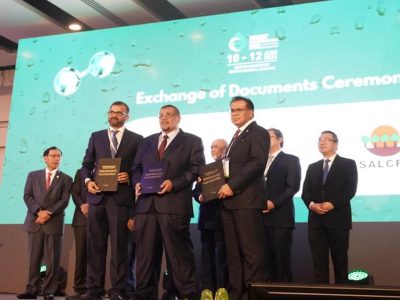
Planet QEOS, KIS BlOCNG San Bhd, and the Sarawak Land Consolidation and Rehabilitation Authority (SALCRA) have officially signed a tripartite memorandum of understanding (MoU) to establish a collaborative framework aimed at producing bio-hydrogen via the Steam Biomethane Reforming (SBMR) Process. The MoU was signed by Planet QEOS executive chairman Dino […]
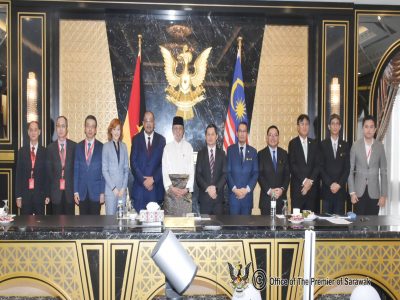
Planet QEOS and China Machinery Engineering Corporation (CMEC) are interested in investing RM10 billion to co-develop advanced Megawatt peak (MWp) agrovoltaic in Baram, to further boost Sarawak’s green energy initiative and food security. Sarawak Premier Datuk Patinggi Tan Sri Abang Johari Tun Openg was briefed on Friday by both the […]
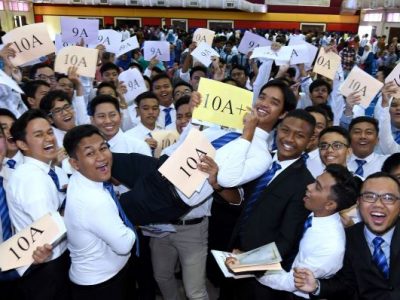
Last week SPM results came out, 373,974 aspirants who have been waiting patiently over the last few months would now know their fate. Some 10,109 have received all A’s, the golden standard of academic success and the ticket to those looking to study the “more advanced” subjects in university. Proudly, […]
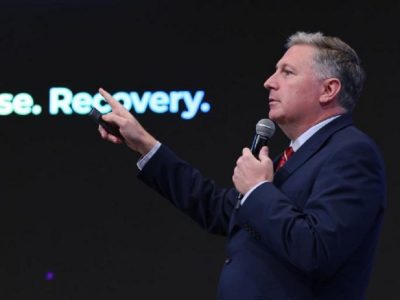
The classic knee-jerk reaction is to say, fire the coach, change the leadership of associations, and reduce the funding till they start performing better. This kind of negative reinforcement may work for kindergarten children, but we are dealing with high-performance adults – individuals much further along in their psychological and […]
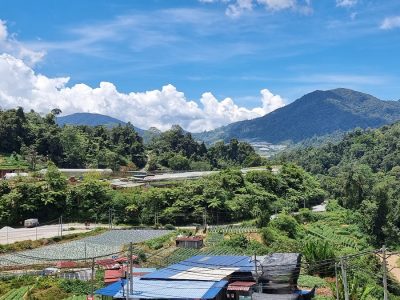
Since its earliest tea plantations in 1929, Cameron Highlands has grown to become a key player in the agricultural landscape of Malaysia, producing 40 per cent of all vegetables grown. Despite Malaysia shifting its economic focus away from agriculture, the industry remains imperative for food security and the livelihoods of […]

Although at first glance the travel industry and the agricultural sector appear to have nothing in common, they actually share more than meets the eye. The economic benefits of tourism to the agricultural sector can be multiplied several times over. “Tourism brings the end consumers closer to the source, which […]
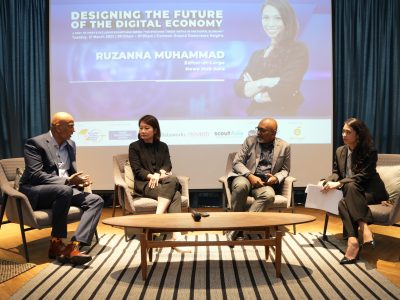
The Malaysia Global Business Forum (MGBF) recently held a high-level roundtable themed ‘Designing the Future of the Digital Economy’, attended by industry leaders and business associations. The guest of honour was Yang Berhormat Syerleena Abdul Rashid, the Member of Parliament (MP) for Bukit Bendera in Penang. The MP’s Special Session […]

The Malaysia Global Business Forum (MGBF) will be hosting a roundtable on ‘Designing the Future of the Digital Economy’ on 23 February 2023. It is the culmination of the first three MGBF Exclusive Roundtable Series titled ‘The Evolving Threat Matrix in the Digital Economy’ held throughout 2022. According to the […]
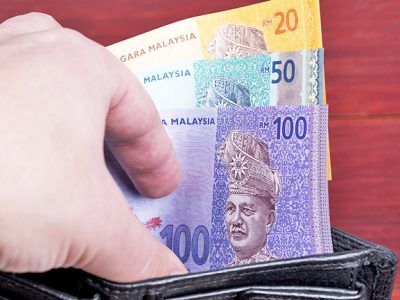
The Founding Chairman of the Malaysia Global Business Forum (MGBF), Nordin Abdullah, today spoke on Bernama TV’s leading English talk show, The Brief, hosted by Jessy Chahal, on the topic of a stable political reality and what that means for the Malaysian economy. Nordin said, “The first thing that it […]

More than 1,100 years ago, Muhammad ibn Musa al-Khwarizmi was developing the mathematical formulas that we know today as algorithms which now have become so intertwined with the business fortunes of global media giants and the very fabric of geopolitics. A series of recent high level international reports have revealed […]

KSK Land has been recognised by the Malaysia Global Business Forum (MGBF) for its role in attracting high net-worth individuals to Malaysia post-pandemic. The first challenge in investor attraction is “selling” the country. In the context of Asia, Malaysia is competing with some very established investment destinations. The second […]

Malaysia, in particular Kuala Lumpur, continues to position itself as a regional centre to do business, educate a family and enjoy a global lifestyle. One company, KSK Land, has taken the lead in positioning itself and the city of Kuala Lumpur as a property investment destination for the global citizen […]
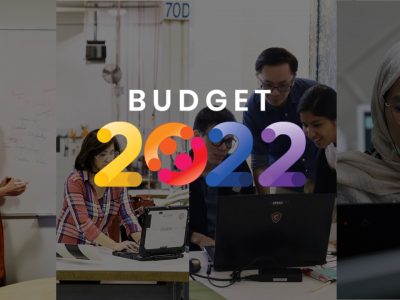
The upcoming budget represents an opportunity to build resilience in the critical sectors that will form the backbone of the country’s future-facing economic ambitions. This however needs to be achieved in the context of managing the community sectors most impacted by COVID-19 over the past two years. The Keluarga Malaysia (Malaysian Family) […]

Malaysia Global Business Forum (MGBF) has moved to support the creative economy as the overall economy moves into a recovery phase following the COVID19 pandemic. As a step in the direction of normalcy, the MGBF has agreed to host the art exhibition “I Know You’re Somewhere So Far” by one […]
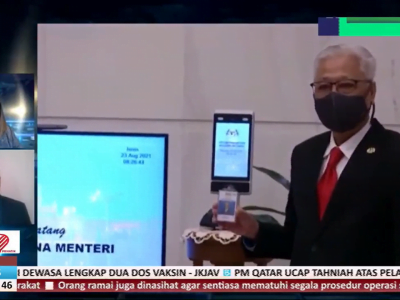
Congratulations to Datuk Seri Ismail Sabri Yaakob for taking up the mantle of the ninth prime minister of Malaysia. There is nothing normal about the situation; it could not have been scripted but it has kept the spectrum of media, mainstream and social, gripped. The first order of business for […]
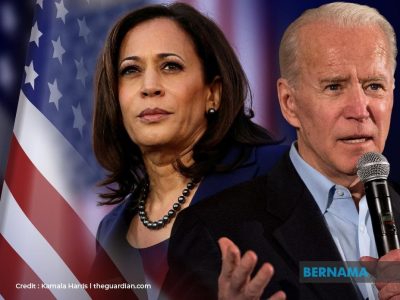
In a stirring speech to the nation, President Joseph R. Biden, Jr. stamped his brand of leadership on the presidency, in his first act as the 46th president of the United State of America, it signaled several shifts. Perhaps the weather was foreboding with snow falling before the ceremony that […]

KUALA LUMPUR, 6 July 2022 – As the global economy continues to deal with unprecedented levels of disruption caused by the pandemic and the conflict between Russia and Ukraine, the convergence of energy security and food security issues has become a front-of-mind issue faced by policy makers and consumers alike. […]

KUALA LUMPUR, 23 June 2022 — Malaysia Global Business Forum (MGBF) ties up with scoutAsia to ensure that businesses are equipped with deeper regional insights. The past two years has seen a massive shift in the way businesses are conducted with digitisation, digitalisation and automation continuously being adopted to improve […]
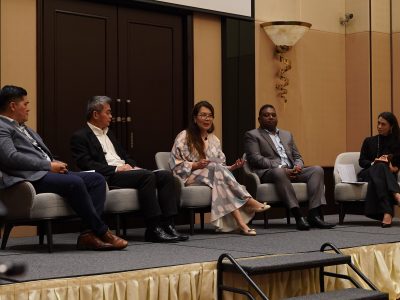
KUALA LUMPUR, 25 May 2022 – The Malaysia Global Business Forum (MGBF)’s exclusive roundtable on ‘Security Concerns in Critical Value Chains’ was held in a hybrid setting yesterday at the Eastin Hotel Kuala Lumpur. The guest of honour was Yang Berbahagia Tan Sri Dato’ Seri Rafidah Aziz, former minister of […]




